SUMMARY
This is AI generated summarization, which may have errors. For context, always refer to the full article.
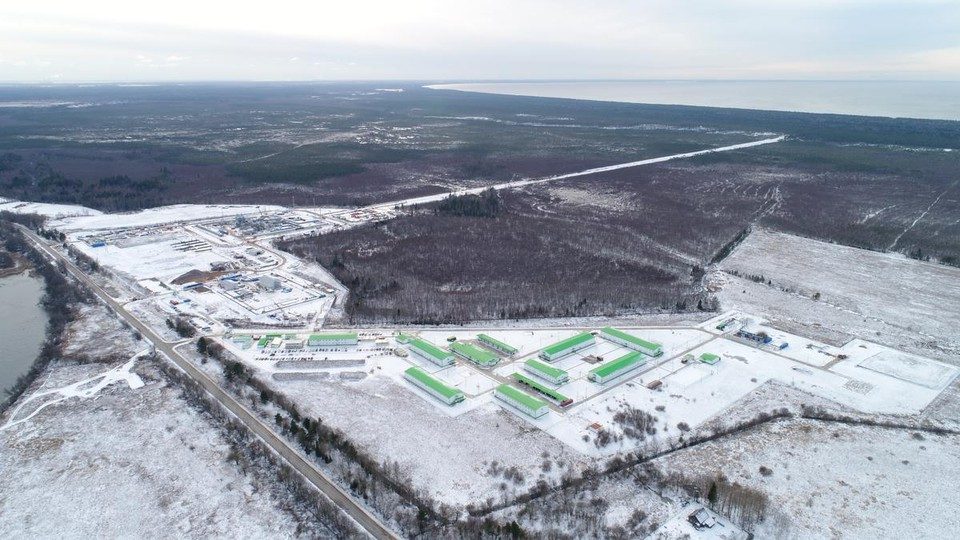
The US State Department this month told European companies which it suspects are helping to build Russia’s Nord Stream 2 gas pipeline that they face a risk of sanctions, a spokesperson confirmed on Wednesday, January 13, as the outgoing Trump administration prepares a final round of punitive measures against the project.
The State Department reached out to companies after January 1, alerting them to the new sanctions risk after the Senate overrode a Trump veto of a massive defense bill that contained punitive measures on the pipeline, the spokesperson said.
Reuters reported late on Tuesday, January 12, that the department had contacted the companies. “We are trying to inform companies of the risk and urge them to pull out before it’s too late,” a US government source said.
The US source said the State Department is expected to issue a report by Thursday or Friday, January 14 or 15, on companies it believes are helping the Russia-to-Germany pipeline. Companies that could be in the report include ones providing insurance, helping to lay the undersea pipeline, or verify the project’s construction equipment.
Zurich Insurance Group could be listed in the report, the source said. Zurich said it is “committed to fully comply with any applicable sanctions regulations.”
Nord Stream 2 did not immediately respond to a request for comment.
The $11-billion pipeline, one of Russia’s most important projects in Europe, has sparked tensions between Washington and Moscow.
The Trump administration opposes Nord Stream 2, which would deprive Ukraine of lucrative transit fees, saying it would increase Russia’s economic and political leverage over Europe. The administration has also pushed exports of US liquefied natural gas to Europe, a fuel that competes with pipelined gas from Russia.
The Kremlin says Nord Stream 2, led by state energy company Gazprom, is a commercial project. The pipeline will be completed despite pressure from the United States, Russia’s RIA news agency quoted the Foreign Ministry as saying on Wednesday.
Germany, Europe’s biggest economy, also says the pipeline is simply commercial. It needs gas as it shuts coal and nuclear plants on environmental and safety concerns.
US President-elect Joe Biden opposed the project when he was vice president under Barack Obama. It is uncertain whether he would be willing to compromise on the project after January 20 when he takes over.
Gazprom halted Nord Stream 2 construction for a year after US sanctions in December 2019. But work has resumed as Gazprom hopes to complete the Nord Stream 2 pipeline under the Baltic Sea to double the existing line’s capacity. The project is 90% completed with only a 62-mile (100-kilometer) stretch in deep waters off Denmark left to complete.
Half of the funding of Nord Stream 2 is provided by Germany’s Uniper, BASF’s Wintershall, Anglo-Dutch oil major Shell, Austria’s OMV, and Engie.
A US-based industry source said German and other European companies received the inquiries from the Trump administration over the past several months, dating back to October, about their activities relating to Nord Stream 2.
The State Department asked the companies in October if they were involved with Nord Stream 2 and whether any work continued after July 15, and the value of any services or support, the industry source said.
US Secretary of State Mike Pompeo on July 15 warned investors in Russia’s Nord Stream 2 and Turkstream pipelines they could face sanctions under the Countering America’s Adversaries Through Sanctions Act of 2017.
On January 1, the State Department reached out again with an urgent request, the industry source said, asking to set up a call that weekend with the Bureau of Energy Resources to discuss the details of the companies’ wind down activities. – Rappler.com
Add a comment
How does this make you feel?
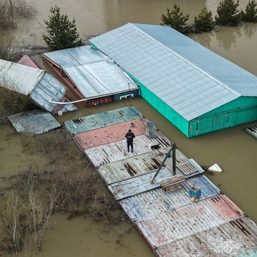


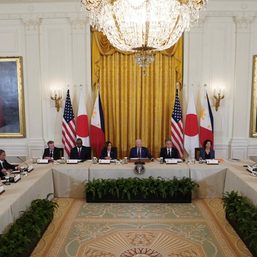
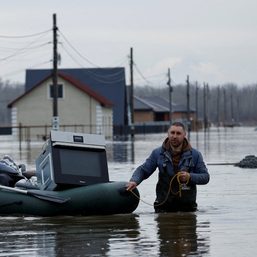
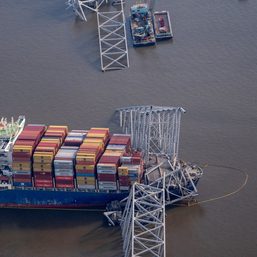

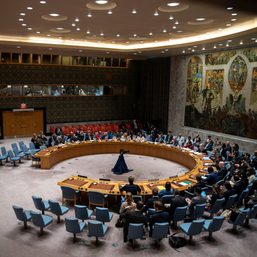
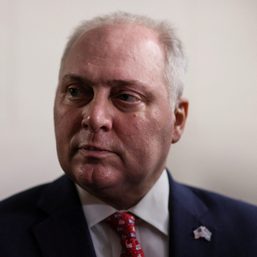
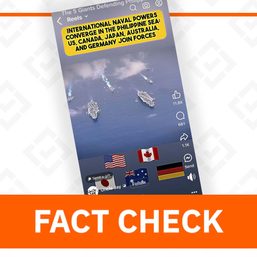
There are no comments yet. Add your comment to start the conversation.